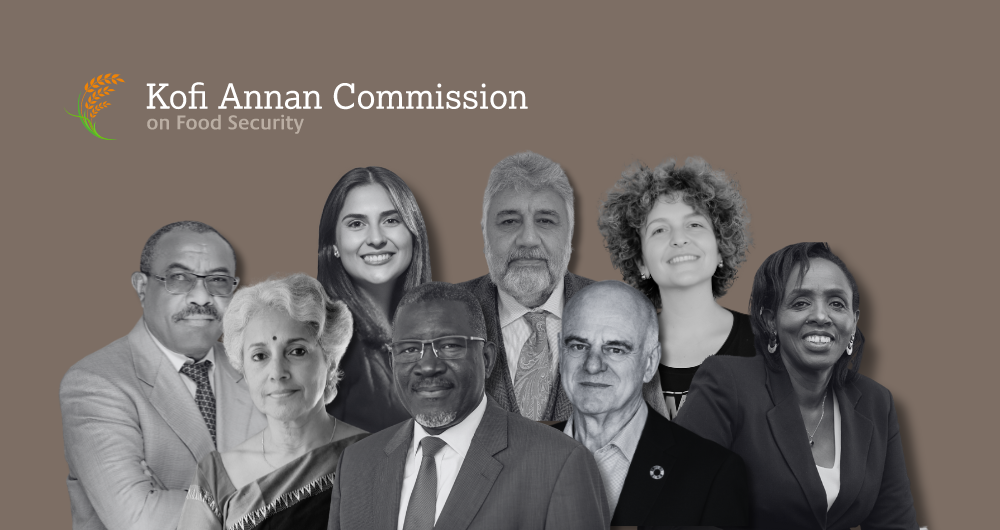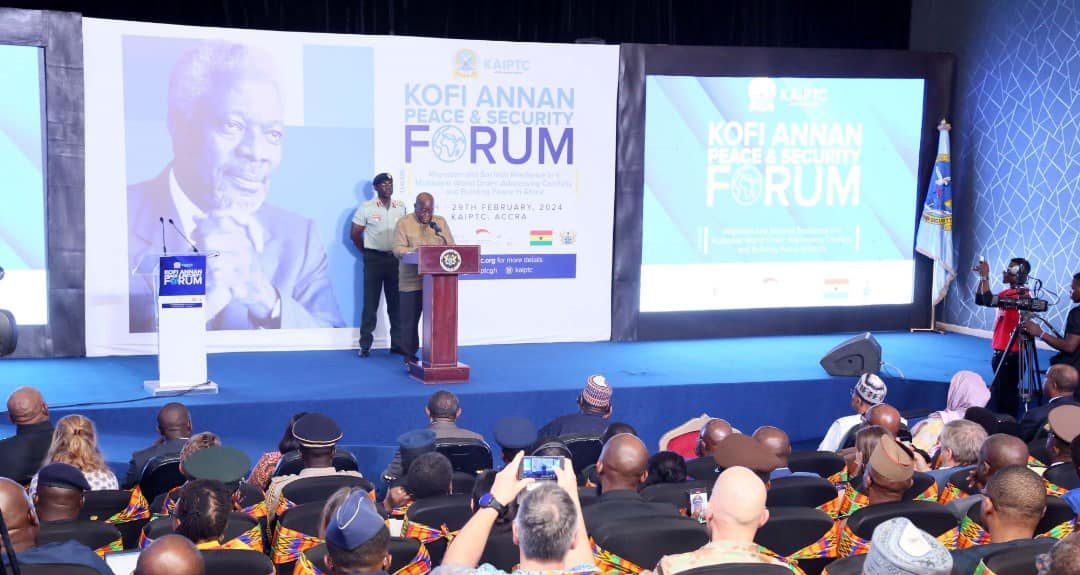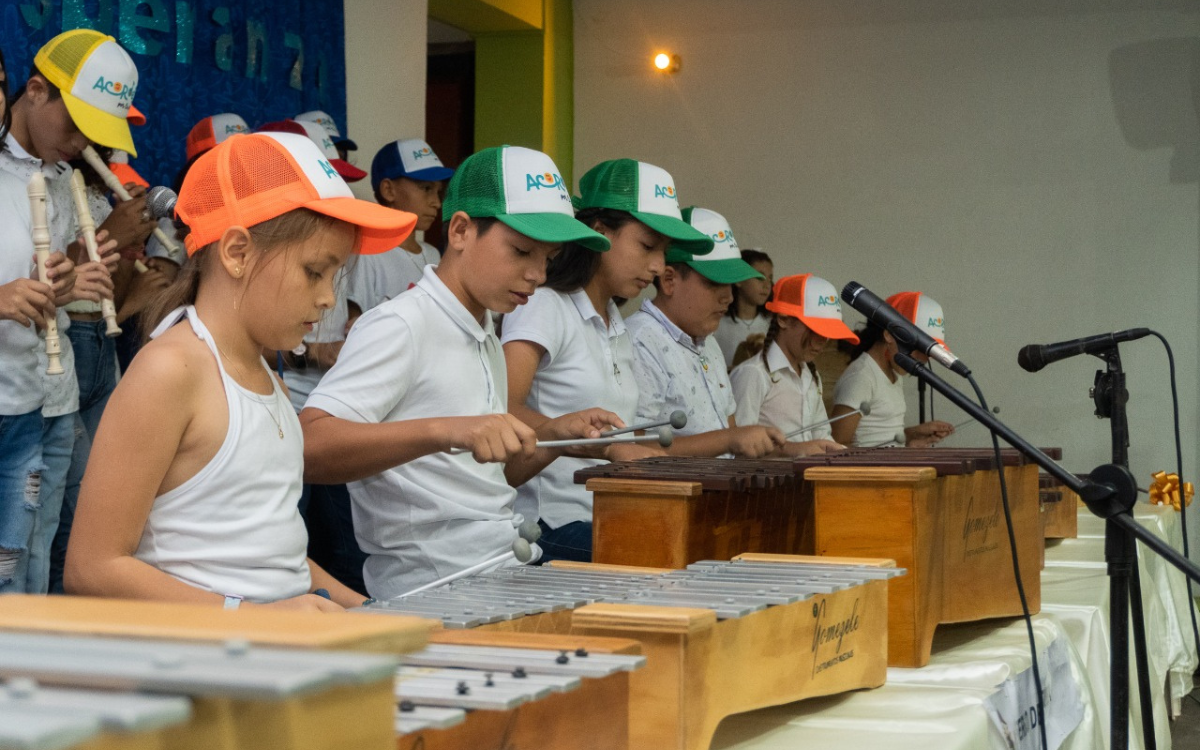Kofi Annan Award for Innovation in Africa: The 3 winners!
On July 11, The Federal Chancellery of Austria, together with its partners, the World Food Programme Innovation Accelerator, the Austrian Development Agency and the Kofi Annan Foundation, awarded the inaugural Kofi Annan Award for Innovation in Africa to three African start-ups. Kofi Annan Foundation Chair Elhadj As Sy, Executive Director Corinne Momal-Vanian and Kojo Annan were part of the ceremony.
The three startups named winners were Kenya’s Flare, which uses a digital platform to coordinate ambulance services within minutes; Nigeria’s myPaddi by MOBicure, whose myPaddi service is a discreet counselling network that aims to increase the sexual health of young people; and Zimbabwe’s Vaxiglobal, an online solution that aims to facilitate broadly effective vaccination campaigns.
Each winner will receive EUR250,000 (US$250,000) in grant funding, as well as access to international visibility and long-term mentoring.
With its focus on rapid digitization on the African continent, the Kofi Annan Award for Innovation in Africa (KAAIA) aims to contribute to the achievement of the UN Sustainable Development Goal “Good Health and Wellbeing” (SDG3). The KAAIA supports promising African social entrepreneurs with a sustainable business model to develop digital solutions for the common good, honouring Kofi Annan’s legacy and commitment to a more fair, just and equitable world.
Kofi Annan Award for Innovation in Africa ceremony – presentation of the winners
Discover the 2021 Kofi Annan Award for Innovation In Africa winners
VaxiGlobal: Using biometric data to verify vaccine deliveries in Africa
VaxiGlobal from Zimbabwe uses contactless biometrics to minimize resource wastage, improve data quality with open standards and enable the scaling up of vaccination campaigns in African countries.
Millions of Africans are not vaccinated because they either do not have an ID card or have misplaced or lost their vaccination card. This gap between vaccines and administrative data makes it hard to estimate the correct number of vaccinations administered and who has been vaccinated.
VaxiGlobal helps provide access to vaccines by scanning individual faces on mobile phones and creating digital certificates in a secure cloud. Since their launch in 2019, the team has built relationships with the Ministries of Health in Zimbabwe, Botswana, Zambia, DRC and Nigeria and WHO Africa, including three upcoming pilot projects.
myPaddi by MOBicure: Providing access to sexual health information, products, and services
MyPaddi by MOBicure is a Nigerian educational app working to destigmatize sexual and reproductive health. It provides young people with the possibility of discreet counselling, particularly concerning prevention, sexual abuse, teenage pregnancy as well as HIV and STDs.
Almost a third of Nigerian women between the ages of 25 and 29 have experienced some form of gender-based violence, a substantial number of women have unintended pregnancies and, beyond that, more than three million Nigerians are infected with HIV.
The app #myPaddi currently helps 130,000 young people across 16 African countries cope with sexual abuse, prevention of teenage pregnancies or HIV infections. It offers anonymous one-to-one sessions with doctors and trained counselors, open and anonymous blog and audio interactions with other young people, and sexual health products like condoms, test kits or contraceptives in its online marketplace.
Flare Emergency Response: an essential emergency response platform in Kenya
Flare Emergency Response is a Kenyan enterprise which can, in times of emergency, instantly dispatch help, provide life-saving care over the phone, and coordinate the right pathway to care.
Ninety-five percent of Africa lacks access to emergency services and Flare intends to remedy the problem. Calling Flare means that you are instantly connected to help with one phone call. Today, the time from an initial call to an ambulance on scene is 15 minutes—a massive difference to the hours it used to take to receive help.
Since its launch in 2016, Flare Emergency Response has saved over 10,000 acute patients and enabled the safe delivery of 4,000 babies with its network of ambulances, hospital providers, and national emergency services. More than 1 million people already use the 24/7 platform in Kenya.



